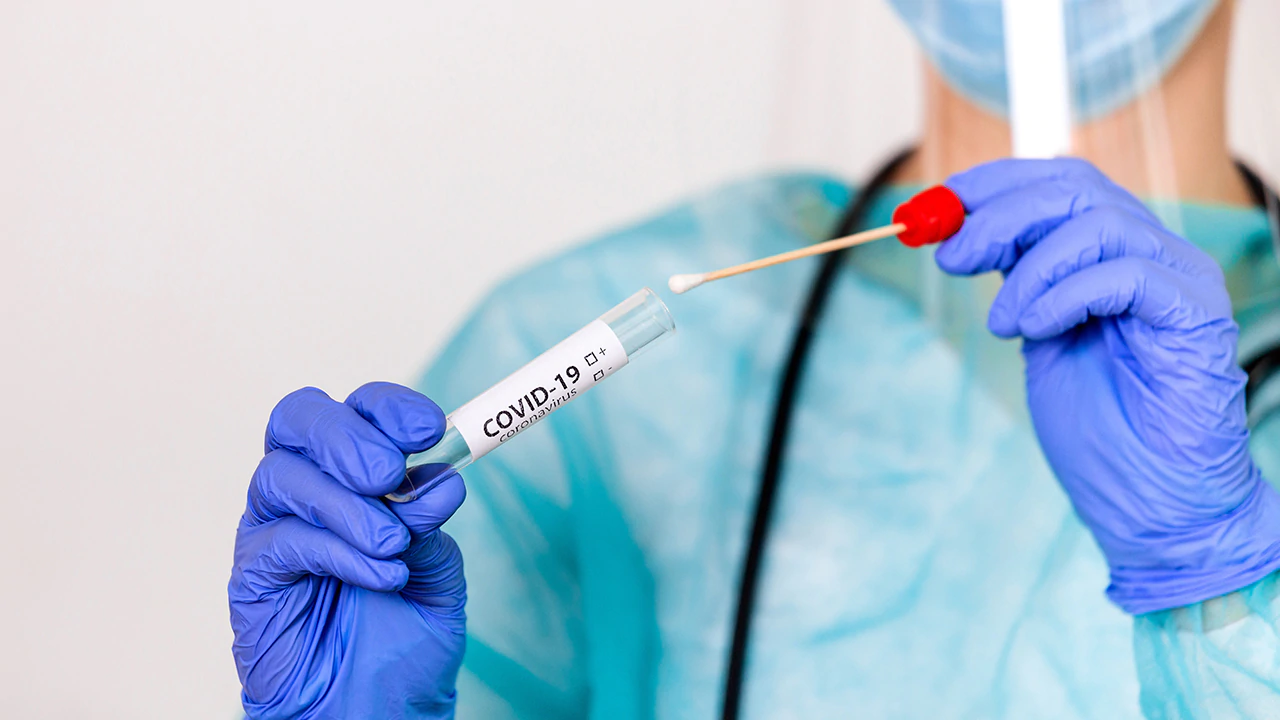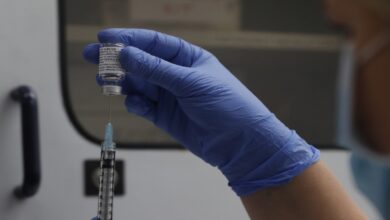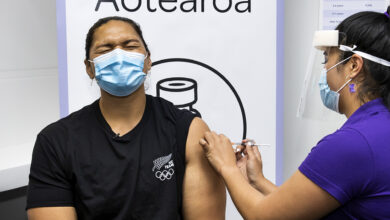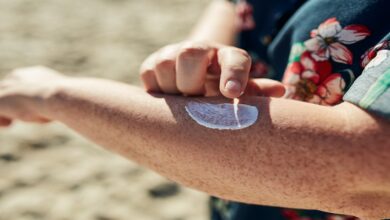South African coronavirus variant confirmed in Massachusetts resident

[ad_1]
A case of the South African coronavirus variant was confirmed in a Massachusetts resident who has no reported travel history. Officials said Tuesday that the patient is a female in her 20s from Middlesex County, but did not reveal her current health status.
A news release said the variant was detected through genetic sequencing completed at the Broad Institute on behalf of the Department of Public Health, and that it was the first case of the B.1.351 variant detected in the state.
“The B.1.351 variant is known to spread easily,” the news release said. “The Massachusetts State Public Health Laboratory is working in collaboration with many healthcare and academic partners to quickly identify variants of concern by sequencing a subset of positive samples.”
MASSACHUSETTS SHIFTS COVID-19 VACCINE FROM HOSPITALS TO STATE-RUN SITES
To date, the state has also seen 34 cases of the B.1.1.7 variant, which was first detected in the U.K. The P.1 variant, which originated in Brazil, has not been detected in the state.
“The best defense against a rapid rise in cases from variants of concern is to prevent the spread of COVID,” the news release said, before detailing best practices for mask effectiveness and imploring residents to follow other safety measures such as social distancing and getting tested.
CRIPPLING WINTER STORM HAMPERS COVID-19 VACCINATIONS AS FEMA OPENS NEW SITES
The South African variant has been shown to have some clinical impact on vaccine efficacy, although not enough to render the currently-approved jabs useless. As a result, several bio firms are exploring potential boosters to see if protection against the B.1.351 variant improves, while others are mulling possible changes to vaccine recipe.
CLICK HERE FOR COMPLETE CORONAVIRUS COVERAGE
The Pfizer and BioNTech vaccine as well as Moderna’s product were developed using mRNA technology, which the companies have said allows for flexibility in the technology. Dr. Anthony Fauci, the nation’s leading infectious disease expert, has previously said the variants should serve as a “wakeup call” for vaccine developers and those involved in the research to remain “nimble” so that adjustments may be made when necessary.
[ad_2]
Source link






